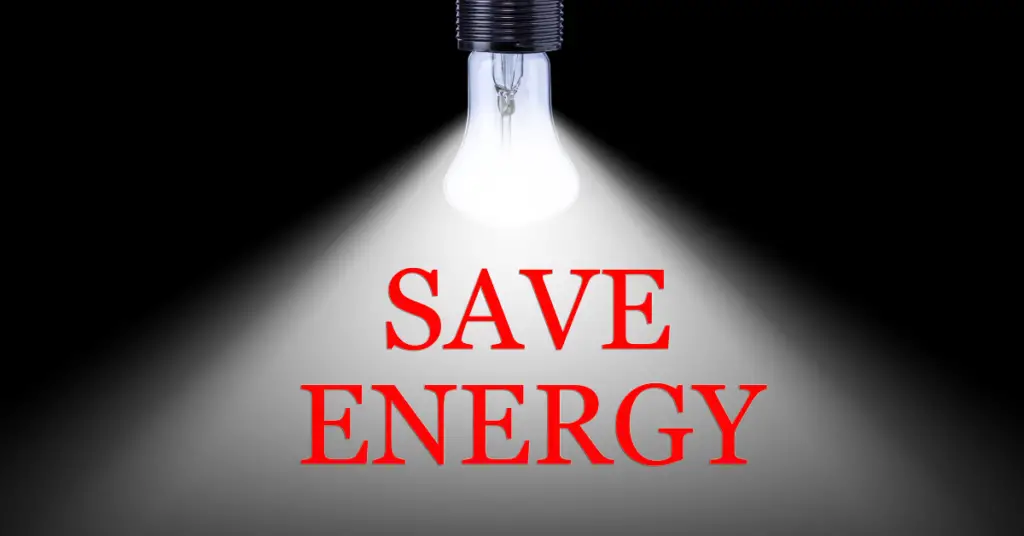Using less hot water can help the environment by reducing CO2 emissions.
Taking an occasional cold shower can actually help to reduce your CO2 emissions! If you use less hot water, especially while washing your body and clothes, you can prevent more than half a ton of CO2 from our atmosphere annually.
And using less hot water also means more money in your pocket.
Here are some helpful tips:
Adjust your water heater setting. Turn your water heater down to 120° F—it will still be hot enough and you will see your hot water costs drop by up to 50 percent. You will eliminate scalding water accidents as well.
Switch to a tankless water heater. Rather than keeping your full water tank hot at all times, a tankless water heater will heat water as you need it, resulting in $390 annual savings and a hefty 300-pound CO2 reduction.
Do more of your laundry with cold water. You can effectively wash most clothing without hot water, while preventing shrinkageas well. Using mainly cold water for your laundry can save about 500 pounds of carbon dioxide a year.
Do laundry using a front load machine. For the times when you need to wash in hot water, front load machines generally use much less water than the top load kind.
Use a low flow shower head. Showers account for two-thirds of water heating costs. Low flow shower heads reduce the amount of water used for showers and can save you $150 per year, while preventing the release of 350 pounds of carbon dioxide.
Even better,taking shorter showers will eliminate an additional 350 pounds of carbon dioxide and leave you with an extra $99 per year.
Get two-knob savvy. If you have separate hot and cold knobs in your shower, when the water is too hot, get in the habit o turning down the hot knob instead of turning up the cold one.
By taking these simple steps, you will help to reduce global greenhouse gases and enjoy lower heating costs as well.

Erzsebet Frey (Eli Frey) is an ecologist and online entrepreneur with a Master of Science in Ecology from the University of Belgrade. Originally from Serbia, she has lived in Sri Lanka since 2017. Eli has worked internationally in countries like Oman, Brazil, Germany, and Sri Lanka. In 2018, she expanded into SEO and blogging, completing courses from UC Davis and Edinburgh. Eli has founded multiple websites focused on biology, ecology, environmental science, sustainable and simple living, and outdoor activities. She enjoys creating nature and simple living videos on YouTube and participates in speleology, diving, and hiking.

